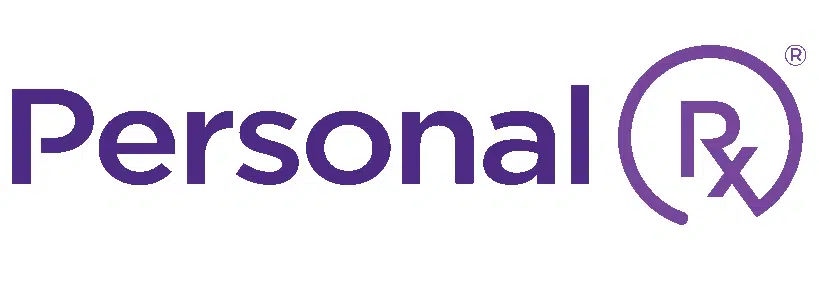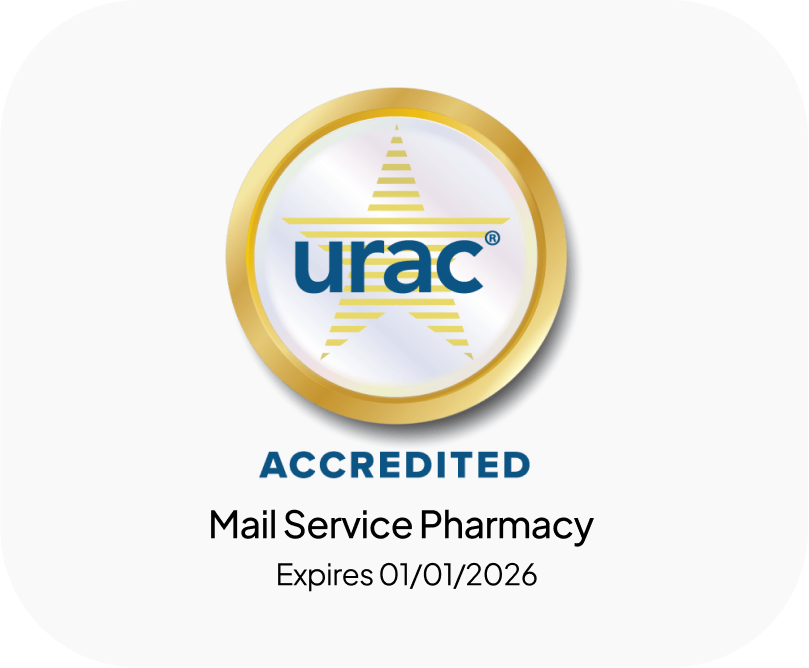This is a cautionary tale of how quickly things can go wrong when you live far from a loved one who needs care at home.
Sherry M. is caring for her 99-year-old mother remotely. Her mom, who has dementia and is no longer ambulatory, lives in her own condo in south Florida and employs full-time aides to provide care and companionship. Sherry travels from Atlanta to see her mother four times a year to visit, and also checks in from home frequently by phone and keeps on top of her mom’s care.
“I liked that she’s able to stay home rather than a nursing home,” Sherry explained. “She has full-time aides who are with her all the time and I trust she will not be neglected.”
Unfortunately, the aide her mother liked best was stealing from her, not feeding her properly, and leaving her home unsupervised. “We discovered she was paying out of my mother’s checking account for a friend to stay with her while she went shopping,” Sherry recalled.
“I got copies of her credit card and there were $400 charges for clothing that wasn’t for my mother. She wrote numerous checks to cash, and she filled up her own car and her friends’ cars with gas, all with my mother’s credit cards,” she said. “We discovered cameras in the bedroom and living room, and it became apparent that she was leaving my mother home alone but watching her remotely. And my mother lost 20 pounds because the aide was feeding her fast food, which she doesn’t eat.”
All told, the aide racked up about $150,000 in charges. Adult Protective Services got involved and local law enforcement is investigating. Fortunately, Sherry’s mother is now doing well – with the help of honest, reliable and trustworthy aides.
Sherry’s mother’s experience was horrific, but the situation has been turned around. “If you get good aides, being in their own home can be better. She is kept clean and healthy. The new service I’m with has been fabulous and they care. I trust them,” Sherry said.
Caregivers can monitor the patient’s condition, check vital signs and help with daily living activities like bathing and dressing. These aides also provide companionship, can do light housekeeping, prepare meals and administer medication. Sherry’s use of PersonalRX for delivery of customized dose packs of her Mom’s prescribed medicine gives her the peace of mind that the local caregiver can administer all of her medicine safely.
How can you find the most caring, attentive and responsible aides? Here are some tips:
First, assess the level of assistance required. Write down needs and limitations, likes and dislikes, and doctor recommendations. Also, if your loved one has long-term care insurance, Medicare or Medicaid, you’ll need a doctor’s report confirming the need for in-home care.
Next, choose your search method. You’ll have the choice of using a home health agency with on-staff aides, or hiring an independent contractor through a staffing service or friend’s referral. Interview applicants together with your loved one.
Working with an agency has pros and cons. For the positives, you’ll get caregivers who have passed a background check, have relevant experience, get backup care if your aide is sick, easily upgrade to more extensive caregiving if needs change and liability protection, so you’re covered if a caregiver is injured on the job. There are some negatives, too, which include greater expense for agency-provided caregivers, limited choice in aides since the agency chooses the worker and a requirement for a minimum number of hours.
When choosing an agency for in-home care, select a company that can provide all the necessary services. Speak with a doctor or the Care Manager of the hospital discharge planner if your loved one has recently left the hospital. Medicare offers a database of providers that you can access here.
Once you compile a list of agencies, call and ask them questions about their licensing, services provided and when services could begin. Ask questions about the staff and aide’s qualifications. AARP offers a full list of questions to ask when interviewing agencies here.
Financial fraud is the fastest-growing form of elder abuse. It is important to do the research to protect your loved ones, especially if you live far from them.




